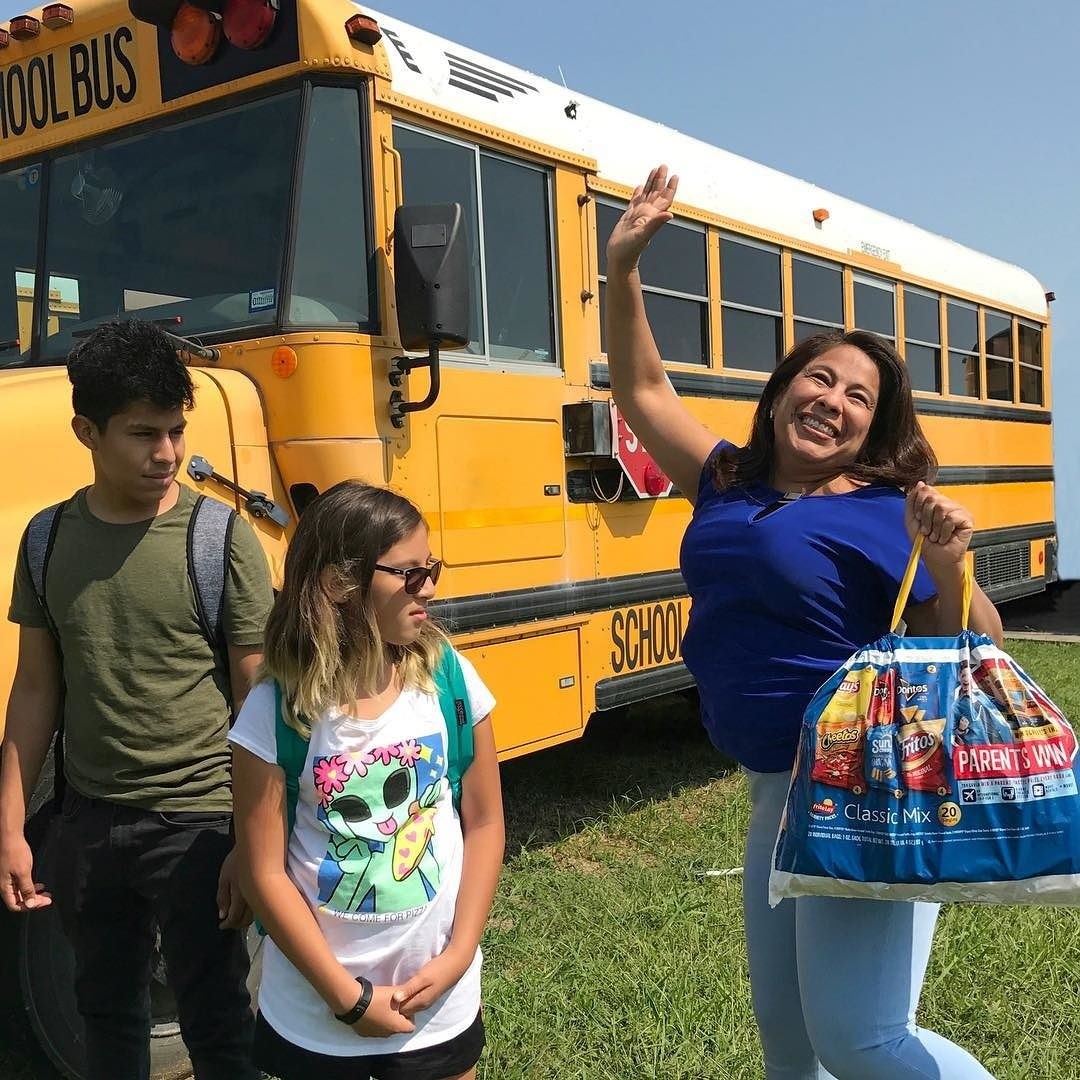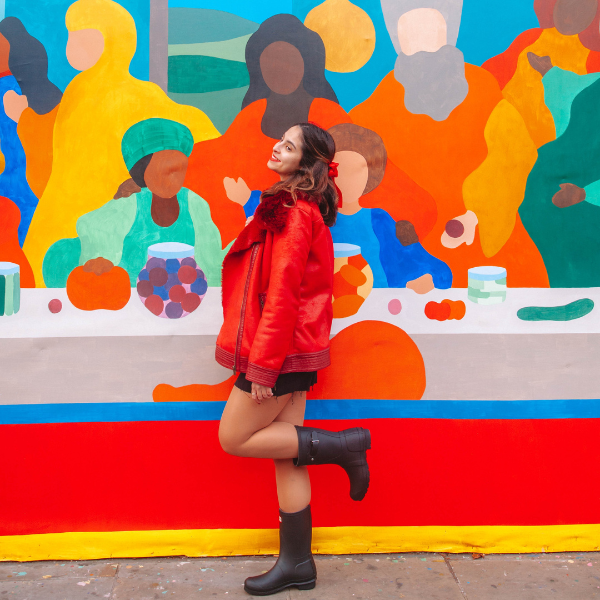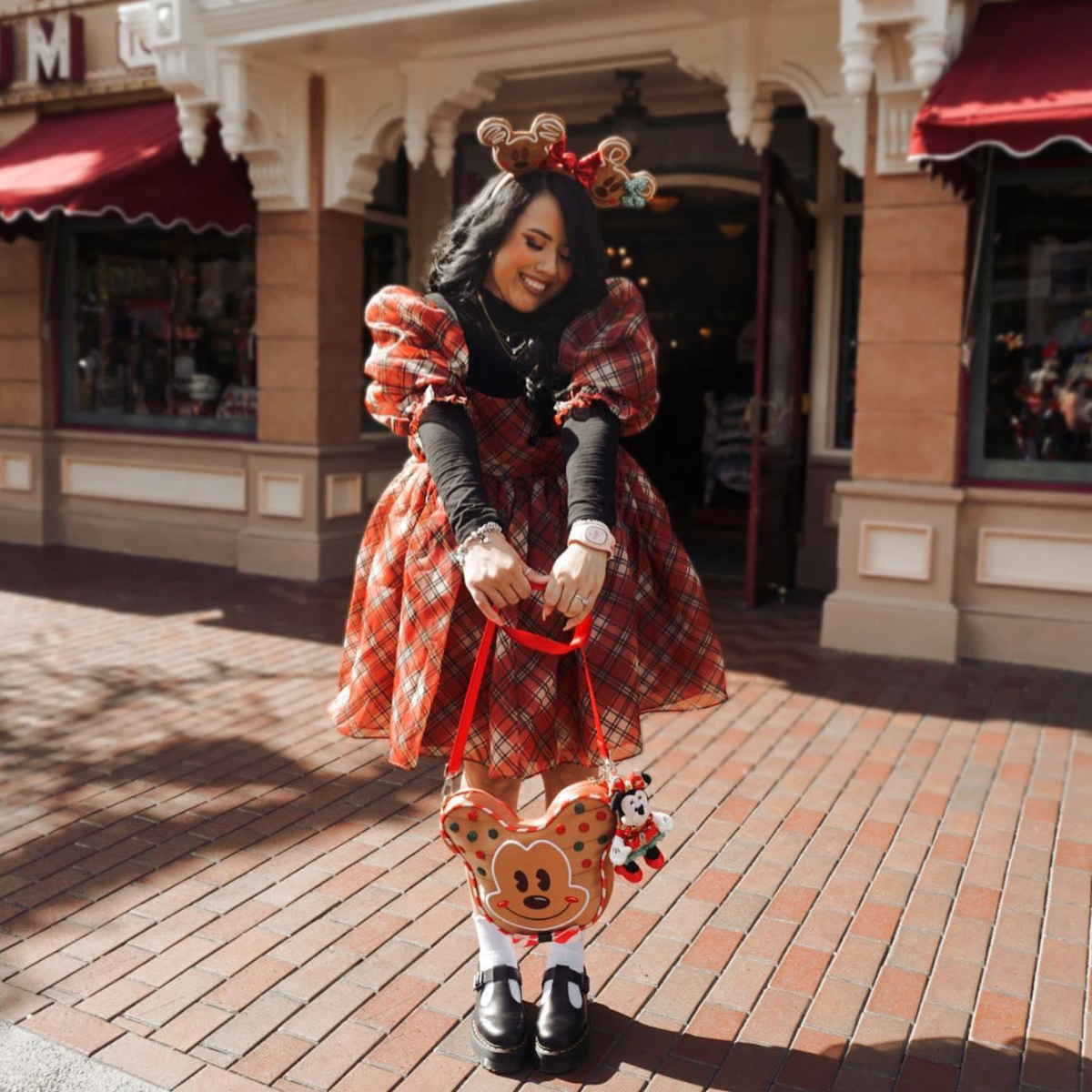Back-to-school shopping is a major event for retailers, second only to the holiday season. Americans spent a total of $110.8 billion for back-to-school and back-to-college shopping in Fall 2022. In the past two years, spending has increased by 8% or more, and this trend is set to continue for 2023. Brands can take advantage of this surge by better understanding their audience segments and leveraging authentic creator content to cut through the promotional noise. In this article, we are sharing back-to-school social media ideas and campaign strategies to help marketers get ready for this back-to-school season.
Know your audience and their back-to-school shopping needs
A recent study shows 54% back-to-school shoppers will use over two different channels to shop—with 48% of back-to-school shopping taking place in stores. These findings show just how important it is for brands to establish an omni-channel strategy and presence before taking on this major shopping season. Unlike the holiday shopping season, the back-to-school audience is more diverse and fragmented. It is crucial for advertisers to pinpoint their target audience and gain knowledge about changing buying habits and preferences to shape their content approach.
Here are three of the largest audience segments for back-to-school marketing:
Parents of K-12 students and some K-12 students
Spending per household for K-12 students surpassed $864 during the 2022-2023 school year. Here are some audience behavior trends to keep in mind:
- 1 in 3 TikTok users are parents with children between 6-18 years old.
- 3 in every 4 parents purchased a product recommended by a social media influencer through an affiliate link in 2021.
- 71% of parents solicit the opinions of their children when making purchases for them.
College students and their parents
On average, back-to-college shoppers spend 39% more than back-to-school shoppers.
Here are some key shopping behaviors and tips for engaging a college-aged audience:
- 62% of Gen Z watch a video on YouTube every single day. The rising niche of college influencers might be your best bet to reach teens headed to college.
- 83% of individuals trust peer recommendations over traditional advertising methods.
- Brands seeking to connect with a college aged audience can greatly benefit from collaborating with college micro-influencers, who can deliver authentic, targeted messaging from the relatable perspective of someone going through similar life moments.
Teachers & Admins
An analysis estimates that teachers will spend upwards of $800 on school-related purchases including school supplies, classroom decor, prizes, etc. It’s important to mention that this figure does not account for any expenditures related to professional attire, as students are not the only ones updating their wardrobe this season.
6 back-to-school marketing ideas
There are innumerable ways to collaborate with creators during back-to-school season. From tech trends and fall fashion looks to lunchbox hacks and office supplies hauls, here are some A+ best practices and successful collaborations to inspire your brand’s back-to-school content.
1. Promote with parent creators
- Campaign Goal: Increase awareness and build brand credibility
- Brand: Pinna
- Creator strategy: Parent creators on Instagram
Deals, discounts, and cost-saving promotions continue to be one of the most effective methods for increasing back-to-school sales. 41 percent of shoppers say they are influenced by coupons during the back-to-school season.
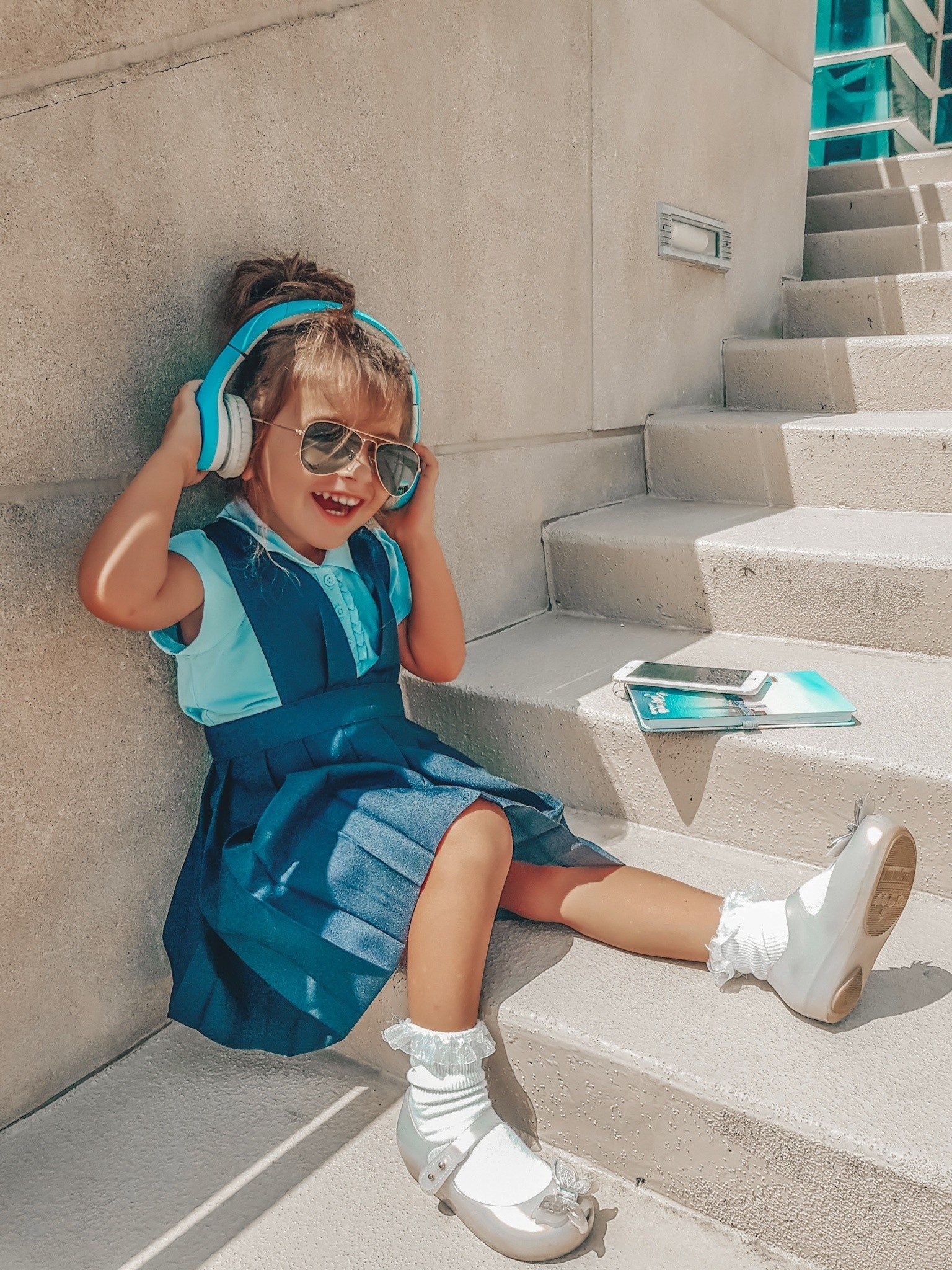

Pinna, an on-demand audio streaming subscription service designed for kids ages 3-12, wanted to boost product buzz during the back-to-school season by acquiring creator content they could later repurpose across owned channels. With the help of Social Native, the tech brand partnered with 35 creators to reach over 2 million users on Instagram. The engaging content showcased the product’s “screen free” design and to encourage conversions, creators included a 30-day free trial link in their bios.
Pinna was able to successfully cut through the noise of back-to-school promotions by leveraging parent influencers to build brand credibility and promote their product authentically.
2. Personalize the Ecom journey with UGC
- Campaign Goal: Create an omnichannel personalized experience
- Brand: Schuh
- Creator strategy: Leverage existing user-generated content from social channels
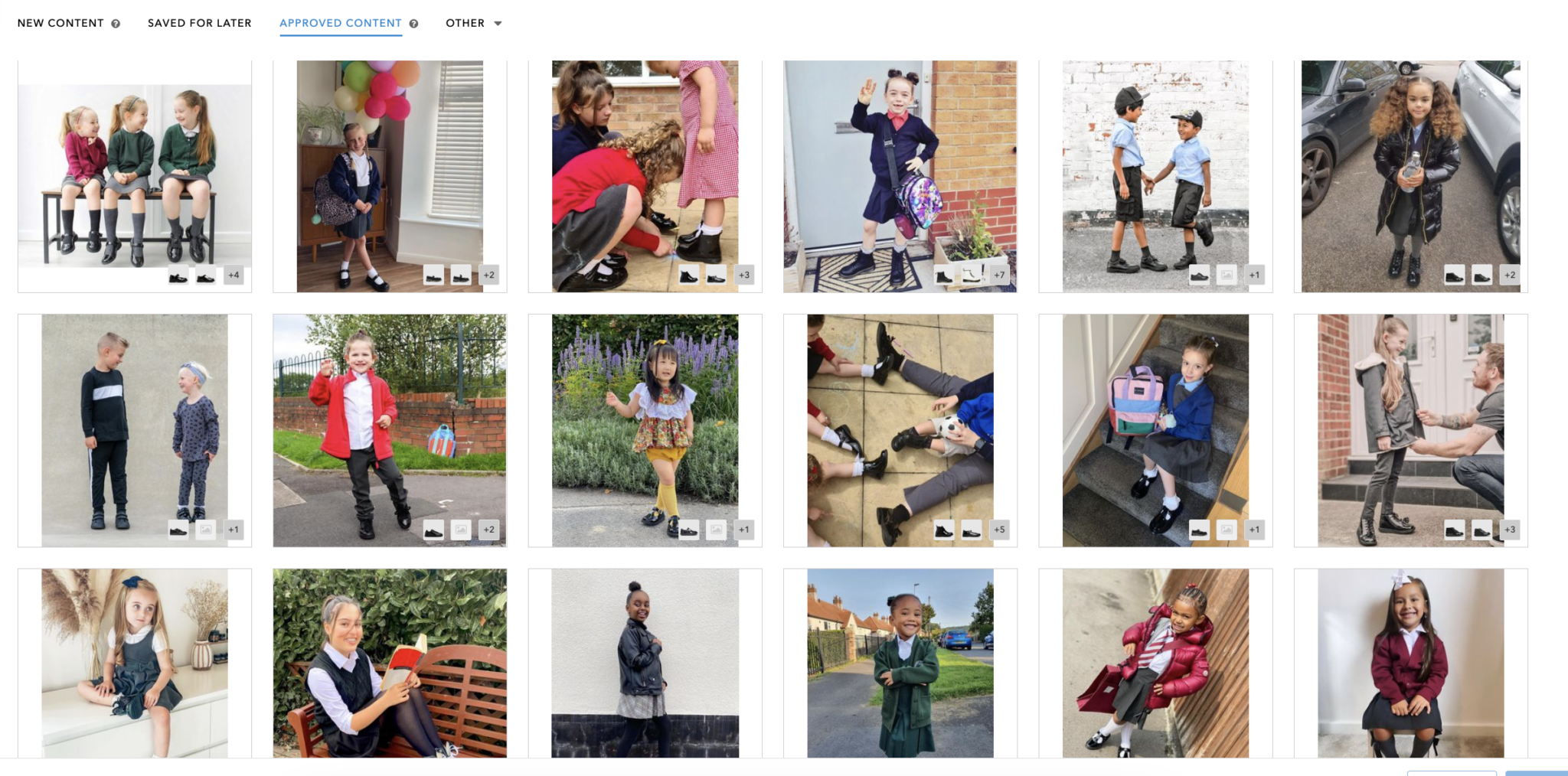

On average brands see a 25% increase in conversions using user-generated content vs. professional images! To prepare for back-to-school, Schuh partnered with Social Native to quickly acquire high-quality creator and customer content straight from social platforms like Instagram and TikTok. Using Social Native’s strategic curation services and rights management tool, Schuh is able to promote authenticity and customize the back-to-school shopping experience with high-performing UGC.
Beyond back-to-school content, including creator content into your ecommerce strategy can personalize the buying journey, improve product coverage, and increase purchase confidence during a vital stage of the funnel.
3. Test new channels
- Campaign Goal: Increase awareness and drive conversions
- Brand: Samsonite
- Creator strategy: College influencers on TikTok
Samsonite partnered with three native TikTok creators to sponsor vlog style videos for their High Sierra brand. The videos leveraged a popular “what’s in my bag?” TikTok trend that has over 2.3 billion views. By partnering with creators in their target audience, the brand was able to create authentic and engaging TikTok ads with messaging that aligned with their intended college-aged audience. By repurposing creator content into paid Ads, the brand was able to increase brand awareness and drive conversions to their website.
4. Organize a back-to-school sweepstakes
- Campaign Goal: Boost sweepstakes awareness on Instagram
- Brand: Frito’s
- Creator strategy: Parent creators on Instagram
Frito’s put the focus on the parents with their good-humored “When school’s in, parents win” sweepstakes. Fritos partnered with 150 family influencers for a large-scale Instagram campaign, reaching over 2 million users with the hyper-relatable and light-hearted content.
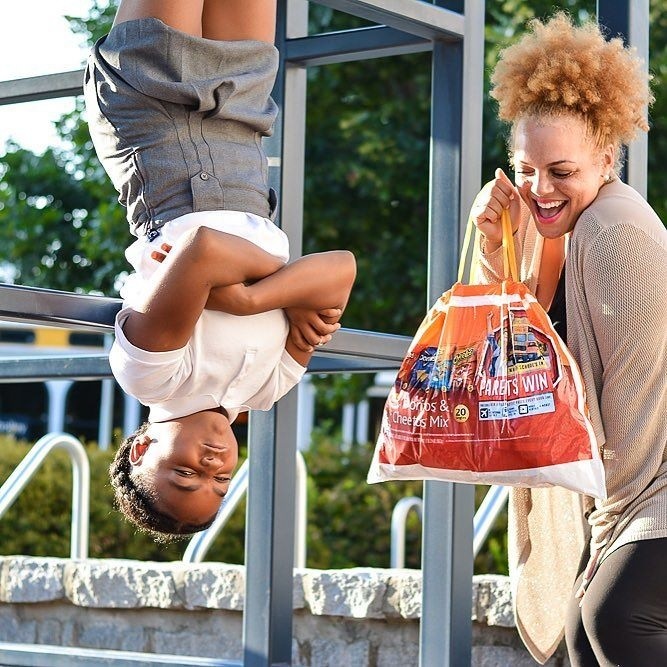

5. Start a school-focused cause marketing campaign
- Campaign Goal: Drive in-store traffic
- Brand: Chevron
- Creator strategy: Mom and dad creators on Instagram
For brands looking to stand out and make a positive impact, partnering with creators for cause marketing campaigns is a great way to stand out and make a positive impact this busy shopping season.
Even if they’re not in the largest back-to-school categories ( fashion, office supplies, and consumer electronics) they can still participate by making a positive impact in their industry.
Chevron partnered with Social Native to create authentic content to promote their Fuel Your School charity. Chevron’s Fuel Your School program donates $1 to classroom material requests for every 8+ gallon fill-up at participating locations, helping thousands of teachers get the resources they need for their students to thrive. To highlight this cause initiative, Chevron partnered with over 20 dad and mom creators on Instagram to create “home lesson” style videos to show the importance of learning materials for kids’ education.
While most of the creators were nano or micro-influencers with under 100,000 followers, the niche content was a success, achieving an average 13% engagement rate with one video receiving over 52,000 views.
6. Highlight Fall fashion trends
- Campaign Goal: Drive in-store traffic and grow product coverage
- Brand: Dick’s Sporting Goods
- Creator strategy: Diverse micro-influencers on Instagram
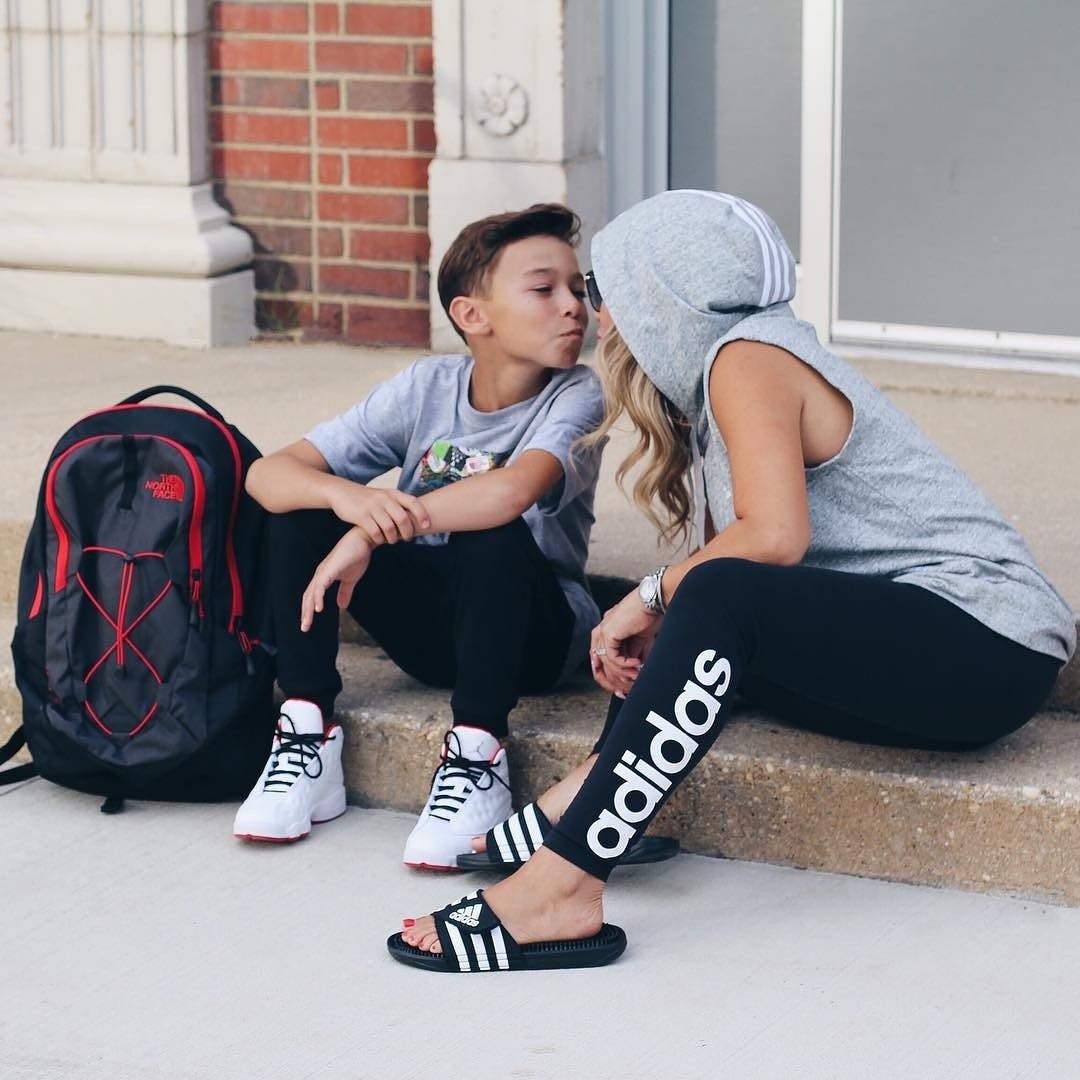

New clothes are at the top of the list for back-to-school shoppers. For the back-to-school season, Dick’s Sporting Goods sent 40+ creators, diverse in age, gender, and location, to their local stores to choose their favorite products. This straightforward back-to-school campaign generated over 50 images and videos representing seven different brands available in-store. The content scored a 5.96% engagement rate, far outperforming the industry average of 1.36%. No matter the budget, partnering with fashion micro-influencers can be an effective way for apparel brands to maximize their return on investment while building a loyal customer base and establishing credibility.
Having a strategic creator strategy is instrumental in meeting your specific content demands and goals this back-to-school season. Whether you want to drive in-store purchases, increase awareness, or boost conversions, partnering with the right creators can help you connect with your audience in a meaningful way this busy shopping season.

